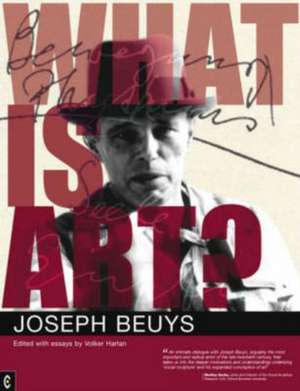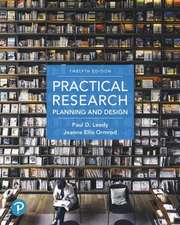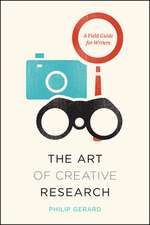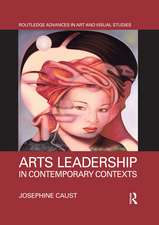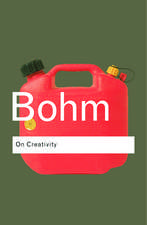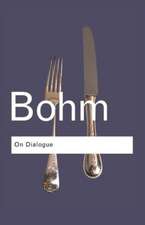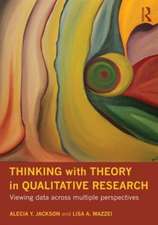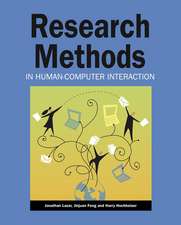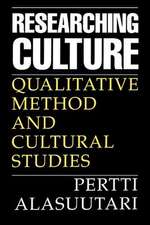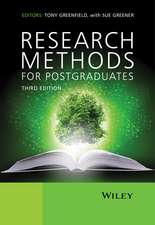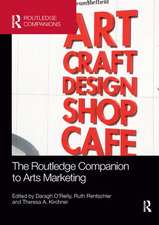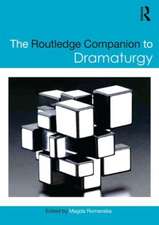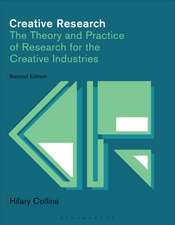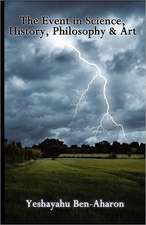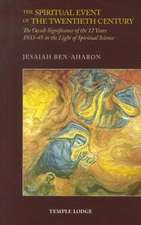What Is Art?: Conversation with Joseph Beuys
Autor Joseph Beuys, Volker Harlanen Limba Engleză Paperback – 15 mar 2007
Preț: 126.34 lei
Nou
Puncte Express: 190
Preț estimativ în valută:
24.18€ • 25.09$ • 20.21£
24.18€ • 25.09$ • 20.21£
Carte disponibilă
Livrare economică 24 februarie-10 martie
Livrare express 07-13 februarie pentru 25.31 lei
Preluare comenzi: 021 569.72.76
Specificații
ISBN-13: 9781905570072
ISBN-10: 1905570074
Pagini: 112
Ilustrații: 51 halftones
Dimensiuni: 191 x 246 x 10 mm
Greutate: 0.37 kg
Editura: CLAIRVIEW BOOKS
Locul publicării:United Kingdom
ISBN-10: 1905570074
Pagini: 112
Ilustrații: 51 halftones
Dimensiuni: 191 x 246 x 10 mm
Greutate: 0.37 kg
Editura: CLAIRVIEW BOOKS
Locul publicării:United Kingdom
Notă biografică
Joseph Beuys (1921-1986), alchemist, social visionary and artist, was born in Germany. In 1961, he became Professor of Monumental Sculpture at the Düsseldorf Academy, but was expelled in 1972. With his first gallery "action" in 1965, Teaching Paintings to a Dead Hare, his international reputation began to grow. In 1979, he was honored with a major retrospective at the Guggenheim Museum, New York City. He died just after receiving the prestigious Lehmbruck Prize and left behind numerous large-scale installations and site works, hundreds of provocative multiples and small objects, thousands of drawings, documented social sculpture forums about energy, new money forms and direct democracy, and above all, a methodology and ideas such as "parallel process" and "social sculpture."
Recenzii
'An intimate dialogue with Joseph Beuys, arguably the most important and radical artist of the late twentieth century, which takes us into the deeper motivations and understandings underlying 'social sculpture' and his expanded conception of art.' - Shelley Sacks, Artist and Director of the Social Sculpture Research Unit, Oxford Brookes University 'It is arguable that Beuys was the first artist of the twenty-first century. Like Rudolf Steiner, he was passionately concerned with the history of ideas and the points of interface between manifestations of the arts and sciences as well as philosophy, religion, economics and politics.' - Richard Demarco, OBE, Professor Emeritus, European Cultural Studies, Kingston University, Surrey 'Joseph Beuys was one of the most important artists of the twentieth century. He was one of the first German artists to engage with his country's turbulent and destructive recent history. His art embraced processes of political renewal within society, the search for an appropriate spiritual approach in our times, and a belief in the creative potential in each individual.' - Sean Rainbird, Senior Curator, Tate Collection 'Twenty years after his death, Beuys is still the most inspirational artist of modern times. No other figure has so moved people to find their own creativity and to innovative solutions to the biggest environmental threats facing our planet.' - Professor Caroline Tisdall, Oxford Brookes University 'The revolutionary artistic ideas and artwork of Joseph Beuys are still, decades later, one of the strongest influences on contemporary artists. His work bursts open the enclosed world of visual art to encompass political and social reform, environmentalism, education, economics, spiritual science, and the proposal that art is not properly an activity for "experts" but for everyone.' - David Adams, Ph.D., Art History faculty, Sierra College, California 'Joseph Beuys was the most significant artistic innovator of the twentieth century. His extended concept of art and his Social Sculpture Theory contain the seeds needed for addressing the root problems of our global society today. Harlan's book is a seminal contribution to the understanding of Beuys' work.' - Otto Scharmer, co-author, Presence: Human Purpose and the Field of the Future, Lecturer, MIT Sloan School of Management
